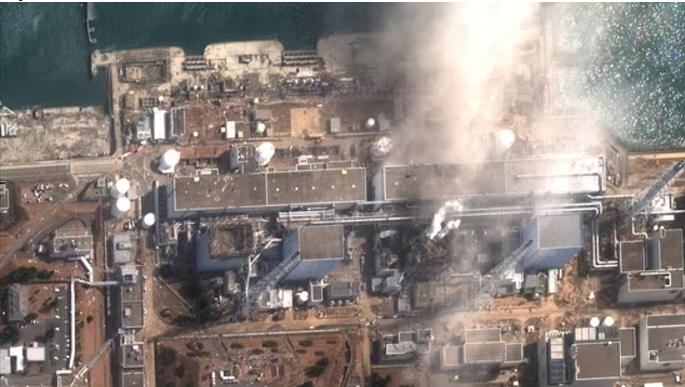Japan can now release Fukushima's ‘radioactive water’ into ocean.
09-Jul-2023Japan recently received approval from the United Nations nuclear watchdog, the International Atomic Energy Agency (IAEA), to release over a million tons of “treated radioactive water” from the damaged Fukushima Daiichi nuclear power plant.

Japan recently received approval from the United Nations nuclear watchdog, the International Atomic Energy Agency (IAEA), to release over a million tons of “treated radioactive water” from the damaged Fukushima Daiichi nuclear power plant.
This approval has faced objections from local fishing communities and other countries such as China and South Korea, which share international waters, due to concerns about the potential impact.
The IAEA conducted a safety review and concluded that the discharge would have minimal effects on the environment, aligning with water releases from nuclear plants in other locations. The nuclear agency said that the safety review addressed technical questions and provided clarity on the science behind the planned discharge, ensuring that it would have “negligible radiological impact on people and the environment.”
But local Japanese fishing communities have voiced their objections to the plan, fearing that it would undermine over a decade of efforts to rebuild their industry.







